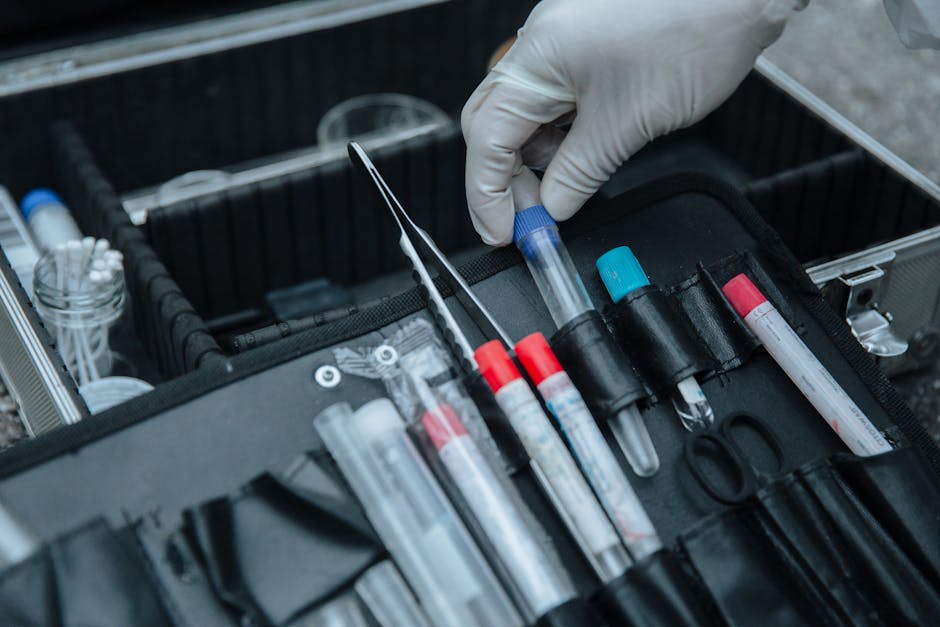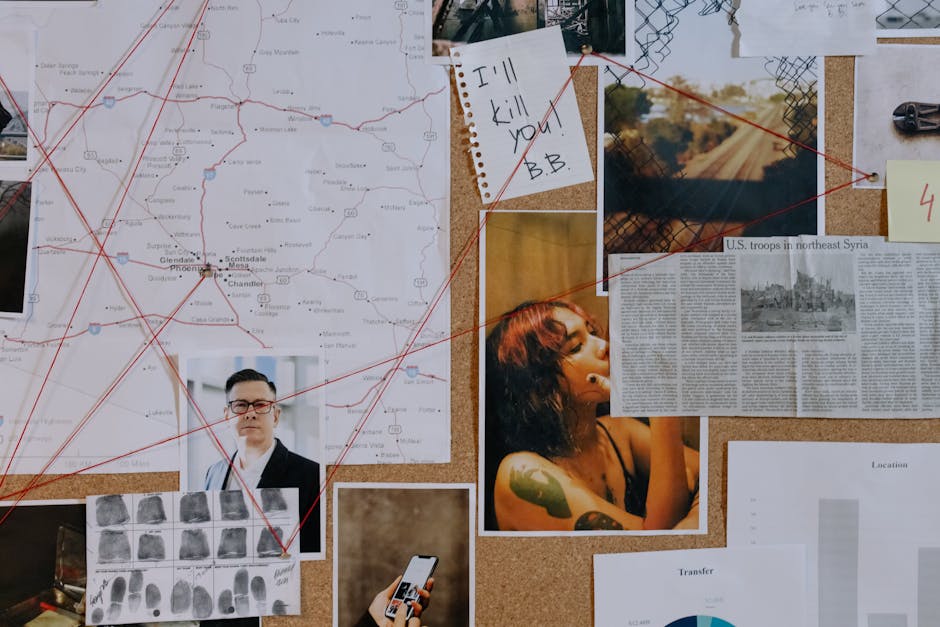How to Gather Evidence for Your Case
Have you ever wondered how lawyers build strong cases? Gathering evidence is key to winning any legal battle. Whether you’re involved in a small claim or a larger legal matter, knowing how to collect good evidence can make a big difference. In this article, we’ll break down the steps you need to take to gather evidence effectively.
Why Is Evidence Important?

Evidence tells your story. It supports your claims and proves your side of the argument. Without strong evidence, your case may fall flat. Consider this: studies show that cases with solid evidence have a higher chance of success in court. That’s why gathering evidence is crucial.
What Types of Evidence Should You Gather?

There are many types of evidence you can collect. Here are some of the most common:
- Documents: Contracts, emails, and receipts.
- Witness Statements: Testimonies from people who saw or heard something relevant.
- Photographs: Visual proof of damages or events.
- Videos: Footage that captures the situation.
- Physical Evidence: Items directly involved in the case.
Think of these types of evidence as pieces of a puzzle. Each one helps complete the picture you want to show the court.
How Do You Start Gathering Evidence?

Getting started can feel overwhelming. But, with a plan, it becomes manageable. Here are some steps to follow:
- Identify Your Needs: What do you need to prove? Make a list of facts you need to support your case.
- Collect Documents: Gather all relevant paperwork. Look for contracts, emails, and any other written communication.
- Talk to Witnesses: Reach out to people who witnessed events related to your case. Get their contact information and ask if they would be willing to provide a statement.
- Take Photos and Videos: Document everything visually. Capture the scene, damages, or anything that can support your claims.
- Keep Everything Organized: Create a filing system, either physical or digital. This will help you keep track of your evidence.
Following these steps will help you gather what you need without feeling lost.
What Should You Avoid When Gathering Evidence?

While collecting evidence, there are some common pitfalls to avoid:
- don’t alter any evidence. Keep it original and untouched.
- Avoid relying solely on memory. It’s better to have written or visual proof.
- don’t ignore witness statements. They can be crucial to your case.
- don’t wait too long to gather evidence. Time can make it harder to find witnesses or document events.
Staying clear of these mistakes can help keep your case strong.
How to Document Your Evidence?
Once you have gathered evidence, you need to document it correctly. Here are some tips:
- Label Everything: Give each piece of evidence a clear label. This makes it easy to identify later.
- Write Descriptions: Include notes about the context of the evidence. Explain who, what, where, when, and why.
- Keep Copies: Always make copies of documents. Store them safely in case the originals get lost.
- Use Witness Logs: Keep a log of any witness statements. Write down their contact details and what they can testify about.
Good documentation can save you lots of trouble later on.
What If You Need Expert Evidence?
Sometimes, you may need expert opinion to strengthen your case. Experts can provide insights that average witnesses cannot. Heres how to find the right one:
- Research Experts: Look for professionals in the relevant field. They should have credentials and experience.
- Check References: Ask for references or case studies from their past work.
- Consult Your Lawyer: If you have a lawyer, discuss the necessity of expert testimony with them. They can recommend reliable experts.
Expert evidence can add significant weight to your argument.
How Do You Present Your Evidence?
Once youve gathered and documented everything, it’s time to present your evidence. Here are some tips for making a strong presentation:
- Organize Logically: Start with the most impactful evidence and build your case step by step.
- Practice Your Delivery: Rehearse how youll present your evidence. Speak clearly and confidently.
- Use Visual Aids: If possible, create charts or slides to visually represent complex information.
- Anticipate Questions: Think about questions that may arise and prepare your answers.
A strong presentation can greatly influence the outcome of your case.
Can You Use Online Resources for Evidence Gathering?
Yes! In todays digital world, there are many online resources that can help you gather evidence. Here are some ideas:
- Social Media: Posts and comments can serve as evidence if relevant.
- Public Records: Websites like government databases can provide useful information.
- Online Forums: Conversations in forums can sometimes shed light on similar cases or issues.
Just be sure to verify the credibility of your sources. Not everything online is accurate.
What to Do If you’re Unsure About Evidence?
If you’re ever unsure about what evidence to gather, don’t hesitate to seek help. Here are some steps you can take:
- Consult a Lawyer: A legal expert can guide you on what evidence is necessary.
- Talk to Friends or Family: They may have faced similar issues and can share their experiences.
- Join Forums or Groups: Online communities can provide advice and support.
Getting support can ease your worries and help clarify your next steps.
How to Stay Motivated During the Process?
Gathering evidence can be a long and tiring task. Here are some tips to keep your spirits high:
- Set Small Goals: Break down your tasks into smaller, manageable steps.
- Celebrate Progress: Reward yourself after completing each step.
- Stay Organized: Keeping everything neat can reduce stress and make the process smoother.
Staying positive and organized will help you navigate this journey.
What Are the Next Steps After Gathering Evidence?
After youve gathered and documented your evidence, it’s time to prepare for your case. Heres what to do:
- Review Everything: Go through all your evidence and ensure it’s complete and organized.
- Discuss with Your Lawyer: Share your findings and get feedback on your evidence.
- Prepare for Court: Practice what you will say or how you will present your evidence.
Being well-prepared will set you up for success.
Conclusion: Take Action!
Gathering evidence for your case doesnt have to be daunting. Start by identifying what you need, collect various types of evidence, and document everything thoroughly. Whether it’s photographs, documents, or witness statements, each piece plays a vital role in your case.
Remember, the more organized and prepared you are, the better your chances of success. If you needed expert help, don’t hesitate to consult a lawyer.
Now that you know how to gather evidence, it’s time to put your plan into action! Good luck!
For more information on legal processes, check out this resource on legal evidence. To learn more about preparing for a court case, take a look at our post on Preparing for Court.



